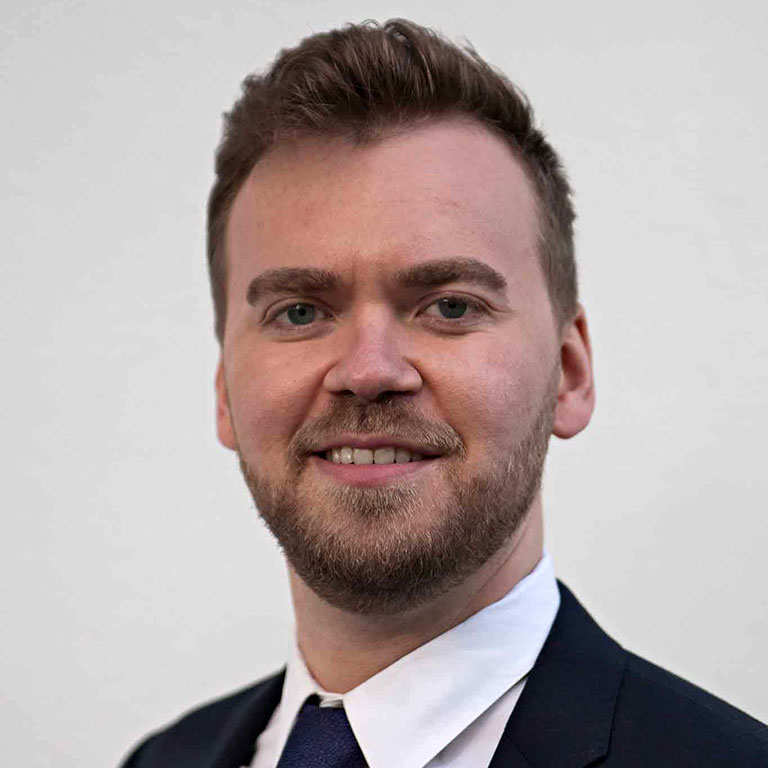James (Jim) Cust is a Senior Economist in the Office of the Chief Economist, Africa Region of the World Bank. His work and research focuses on the macroeconomics of natural resources, climate change and sustainable development. He is the co-author of Africa’s Resource Future, a book that explores how African economies can harness natural resources for economic transformation in the coming years. He co-founded and manages the World Bank’s Think Africa Partnership, the Africa Regions’ flagship multi-donor trust fund that supports economic transformation and growth across Africa by promoting research uptake in policymaking.
He previously led the Changing Wealth of Nations program, a flagship sustainability publication and database of natural capital accounts produced by the World Bank. He also co-founded a network of African chief economic advisors to 40 African presidents, the CEoG initiative, and before this co-founded the Natural Resource Charter. He co-developed the concepts of the Presource Curse and Stranded Nations.
His worked has been published widely in academic journals such as the Journal of the European Economic Association, the Journal of Development Economics, Energy Economics and Climate Policy, among others. His work has been covered in the press including The Economist, Nature, Reuters and the IMF’s Finance and Development.
James holds a DPhil (PhD) in Economics from the University of Oxford and a BA in Economics from the University of Cambridge.
MORE FROM Jim Cust
- Publications
- Projects
- Blog posts
